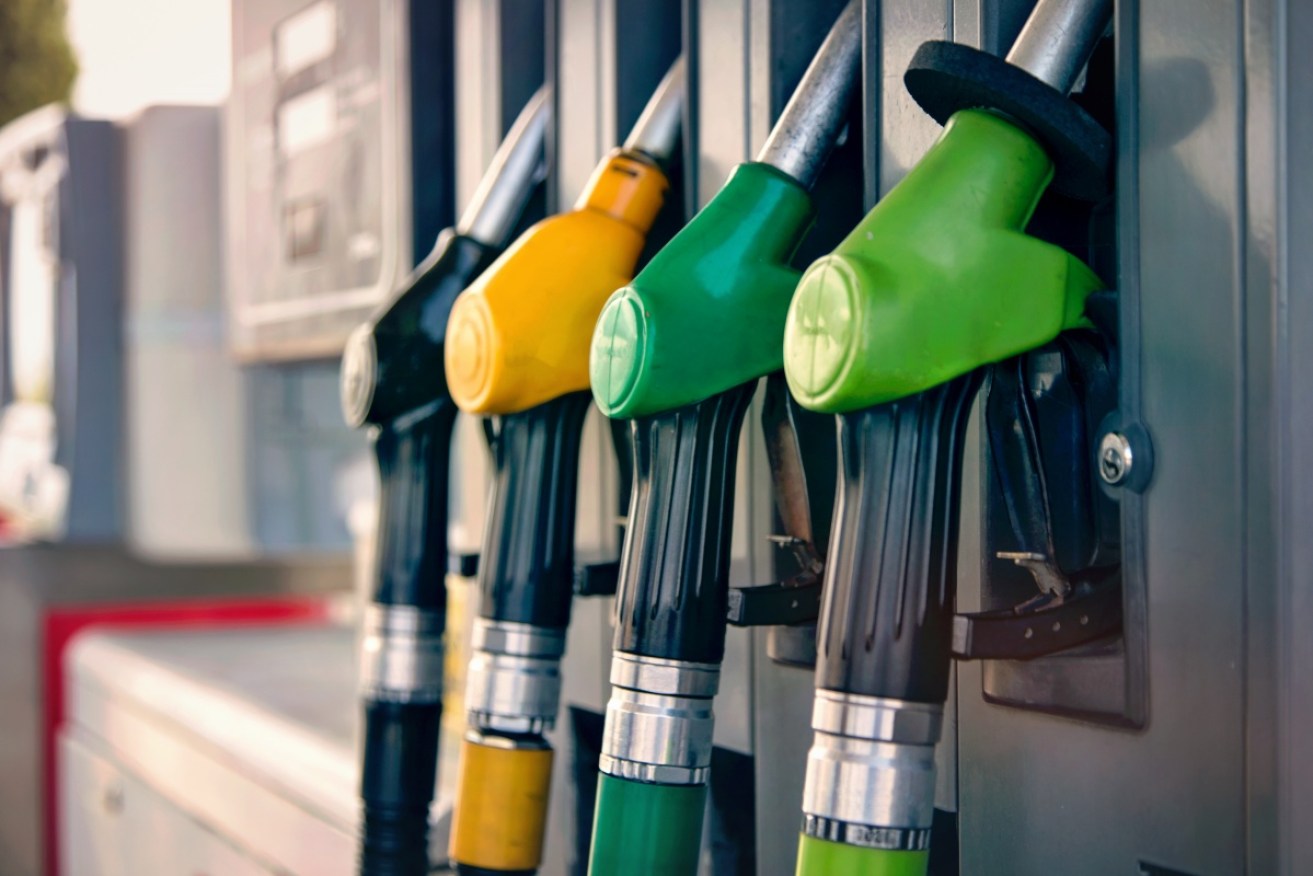Australian currency could be hit by deepening Saudi scandal


The cost of petrol could be another victim in the suspected murder of journalist Jamal Khashoggi. Photo: Getty
The disappearance and suspected execution of American journalist Jamal Khashoggi has heightened tensions between the US and Saudi Arabia, and it seems likely Australians will pay for it at the petrol pumps.
Two unnamed sources revealed to CNN on Tuesday (AEST) that Saudi Arabia is currently developing a report that will admit Mr Khashoggi died as a result of an interrogation that went wrong.
US President Donald Trump said this may be a “rumour” and that he had to “see what they say”.
Earlier that morning, Mr Trump told reporters he had spoken with Saudi Arabia’s King Salman and suggested that “rogue killers” could be responsible for Mr Khashoggi’s disappearance on October 2.
A team of investigators entered the Saudi consulate in Istanbul on Tuesday morning for what Turkish officials called a joint inspection of the building where Mr Khashoggi was last seen.
Details as to what actually happened inside the consulate remain scarce, but in an interview with CBS program 60 Minutes US President Donald Trump has promised “severe punishment” if the Saudi Arabian government proves to have executed the Washington Post columnist.
These remarks were met by a response from the Saudi Press Agency warning that it rejects any “threats and attempts to undermine” the country, and “will respond with greater action” against anyone that tries.
The Arabic-language daily Okaz later published a headline in English, warning: “Don’t Test Our Patience” accompanied by a clenched fist made of a crowd of people in the country’s green colour.
Not only petrol prices at risk
Saudi Arabia is the second-largest oil producer in the world, churning out around 10 million barrels a day, according to figures from the US Energy Information Administration.
But Saudi Arabia’s role in the global production of oil goes beyond the immense volume it currently puts out, according to BetaShares economist David Bassanese.
“The critical issue is that Saudi Arabia is the only country with enough spare capacity to offset the loss of production from Iran due to the sanctions,” Mr Bassanese told The New Daily, referring to the sanctions Mr Trump placed on Iran in May.
These sanctions are one of the reasons oil prices have been pushed to four-year highs, causing petrol prices in Australia to soar beyond $1.50 a litre.
Earlier this month the oil price spiked at US$76.41 a barrel, up from a low of $64.24 in mid-August.
The US has been pushing for Saudi Arabia to increase its oil production to make up for the shortfall the Iranian sanctions has created, but Mr Bassanese said they “may be less willing to comply” with that request if the US takes action against the country.
In the worst-case scenario, a diplomatic spat between the two countries could also hit the price of the Australian dollar.
This is because people need petrol, and increases to the price often forces consumers to crimp back on other spending rather than cutting back on fuel, which stifles economic growth.
At the same time, the higher cost of petrol pushes inflation up, and this combination risks forcing the already-suffering dollar lower against the US greenback.
Mr Bassanese said this is the “bigger risk” posed by tit-for-tat sanctions between the US and Saudi Arabia, and it comes at a time when the dollar is dangerously close to falling below 70 US cents.








